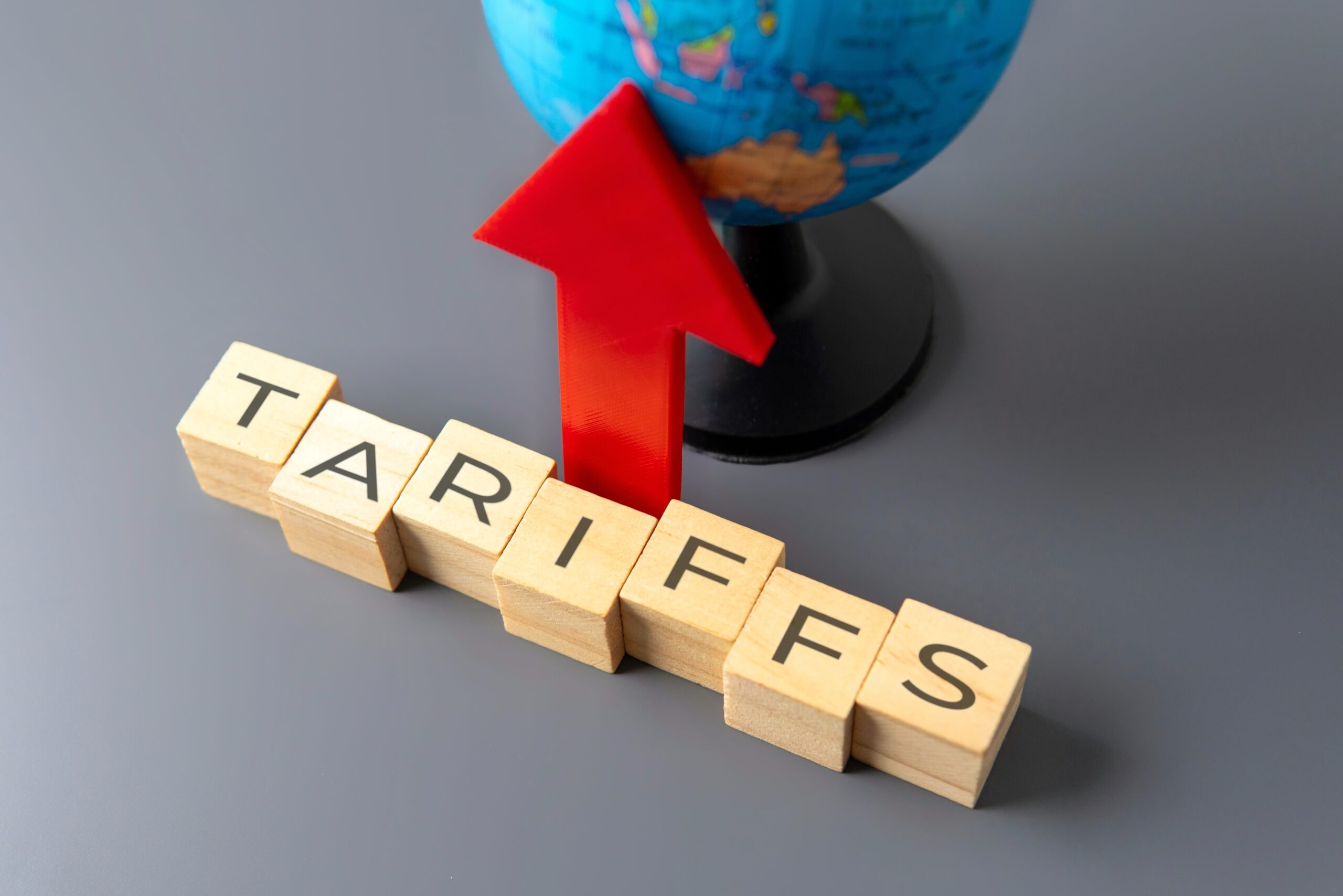
Recent news from the White House regarding the application of tariffs for imported steel and aluminum shocked the world. The news triggered a major sell-off on Wall Street. Gary Cohn, a former Goldman Sachs executive and top Trump economic advisor, submitted his resignation, reportedly due to his complete disagreement with the tariff application.
These new tariffs may have significant impact on the legal aspects of maritime trade. Not only will the tariffs affect steel quantities imported to the United States, they will affect products that are shipped in steel. This new reality will raise questions about certain contractual requirements with respect to products that are shipped wherein steel and aluminum is a component of the shipping process.
Trump’s Steel and Aluminum Strategy
On February 28, President Trump announced measures to raise tariffs on imported steel to 25% and on imported aluminum to 10%. Seemingly, the tariff policy targeted China, which has a long history of exporting cheap steel and aluminum into the United States. The idea, reportedly, was to give the United States equal footing in international trade where China currently has an advantage. China, through currency manipulation, created a strong export market into the United States. Among those products is steel and aluminum, which hurts the domestic market.
Seemingly, the Trump administration is starting a trade war, which it believes is a just war. While companies that use significant amounts of steel and aluminum, such as the automobile and beverage industries, expressed their opposition to the move, Trump nonetheless committed his administration to the trade war.
Legal Ramifications
The legal ramifications to the new steel and aluminum strategy are significant. Suppose a beverage company has outstanding contracts with a supplier from outside the country. The supplier will not be happy paying the tariff and may be losing money on the contract. It may claim that it has no legal obligation to deliver aluminum to the beverage company when the price is so high. The outcome will depend on the language in the contract. Did the beverage company lock in the price by signing the contract? Is there any language in the contract that guards against tariffs, thereby allowing the supplier to back out and, in turn, compelling the beverage company to find a more expensive, alternate supplier? The facts and circumstances of each case will determine the legal obligations.
Moreover, assuming that the supplier has a contractual obligation to the beverage company regardless of the tariff, how is enforcement possible? Who will tell the supplier that it has an obligation and compel the supplier to either act on its contract or pay damages? In general, a major issue in international trade is enforcement. What body has jurisdiction to enforce terms of the contract and can that body actually enforce the terms?
Parties that may be affected by the new tariffs should review their contracts and determine whether they are facing issues.
Involved in maritime trade? Unsure about the new tariffs for steel and aluminum? Contact the Kolodny law firm, experienced maritime lawyers.

